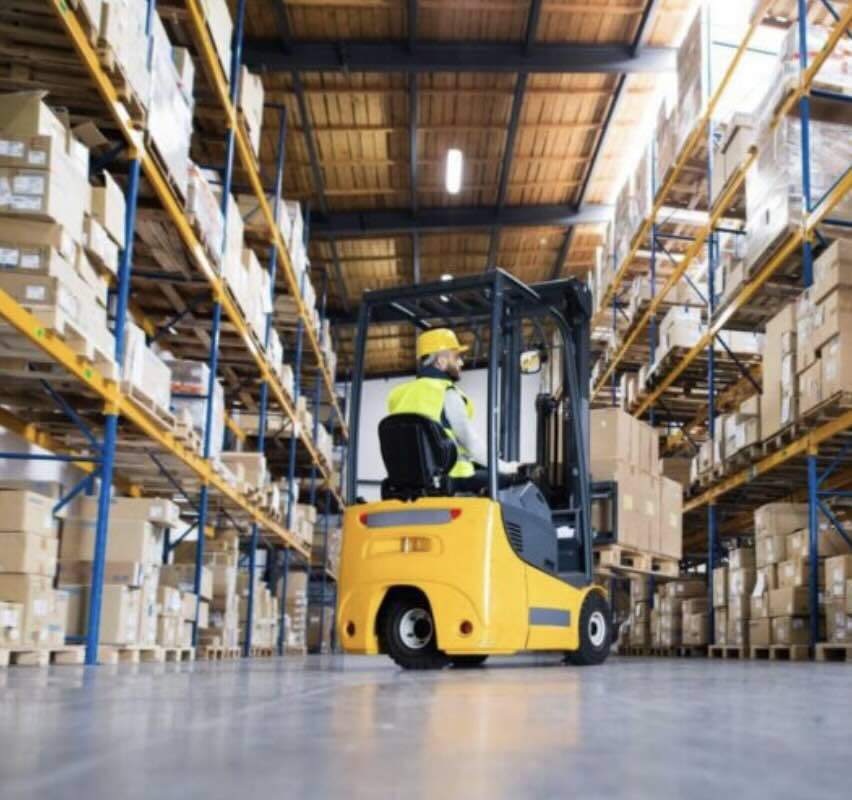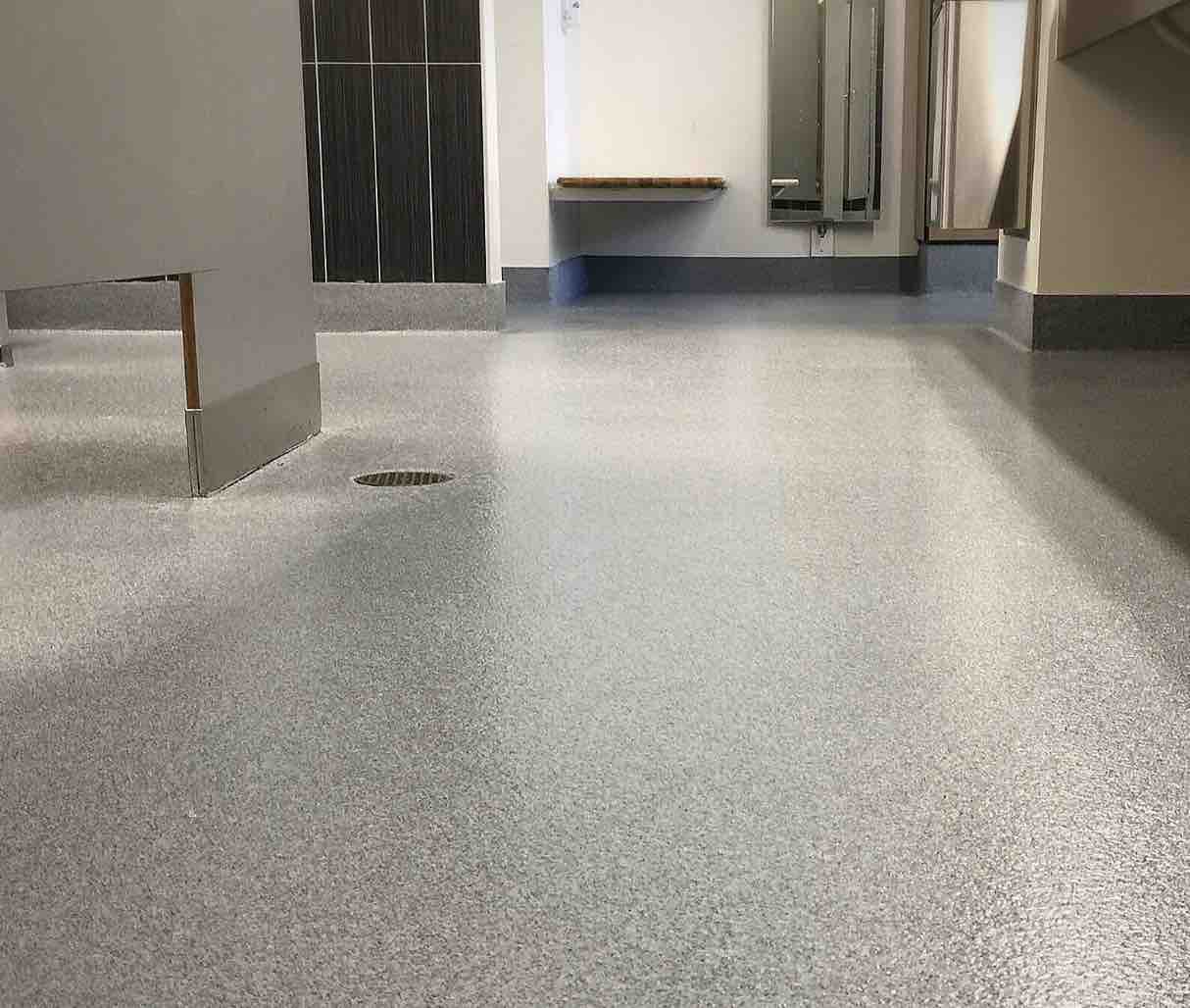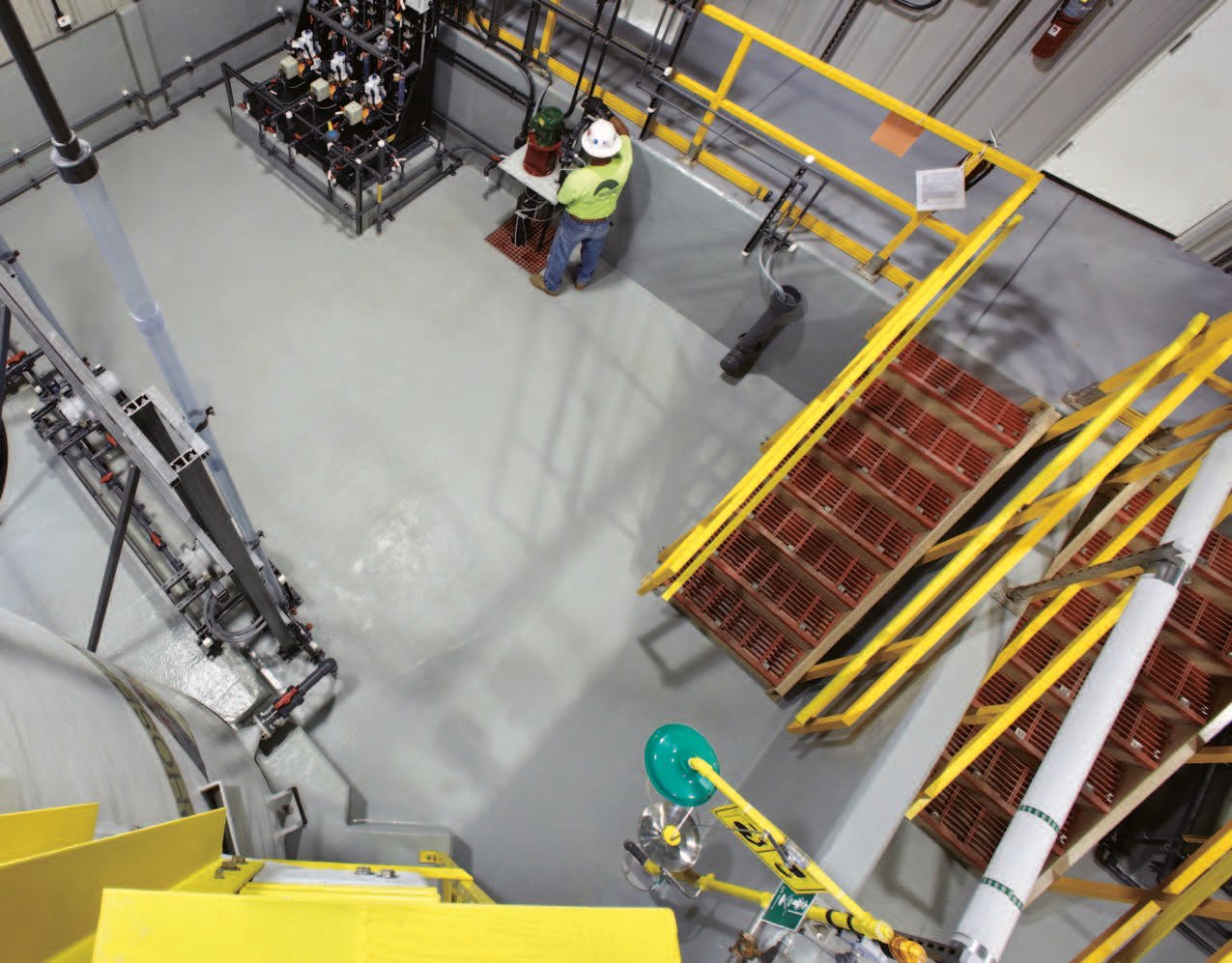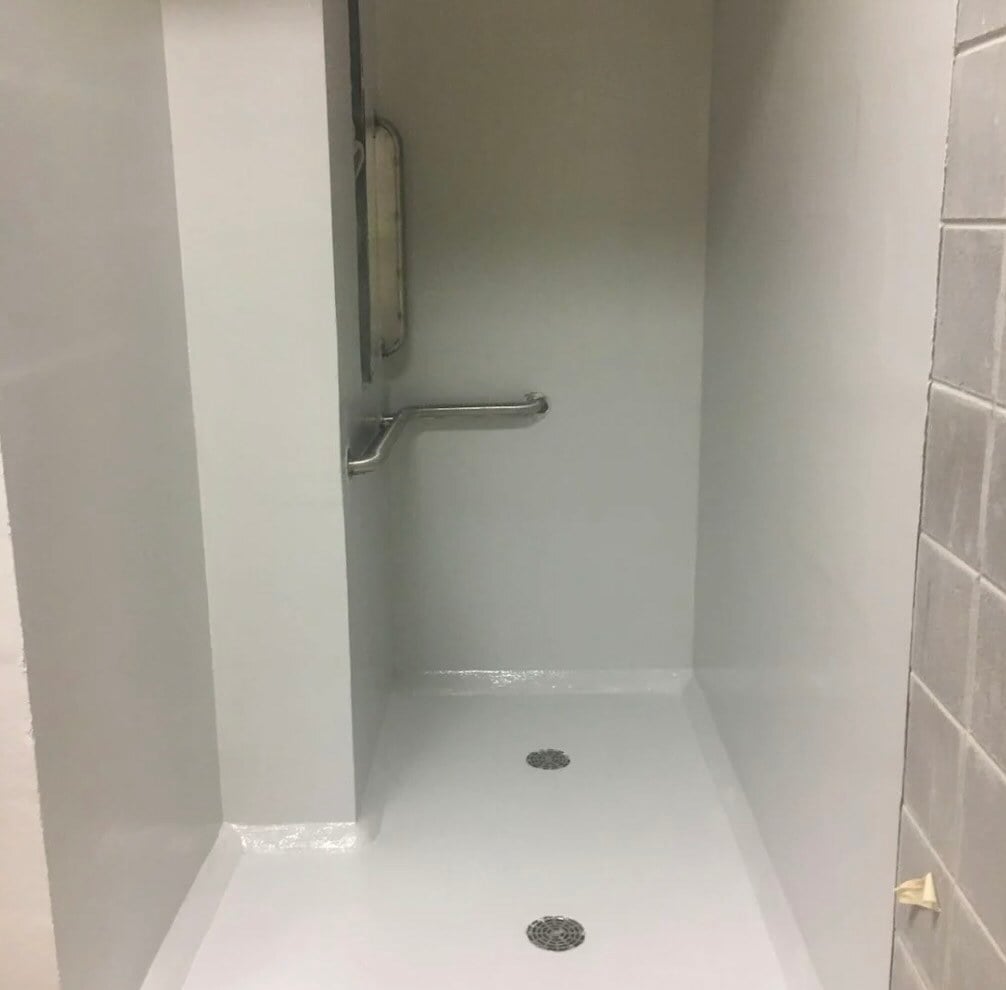
Warehouse Floor Coatings: Handling Forklift Traffic with Ease
Discover how the right floor coatings can transform your warehouse into a high-efficiency, forklift-friendly environment.
- Rick Gilbreath
Discover how the right floor coatings can transform your warehouse into a high-efficiency, forklift-friendly environment.
Exploring the Best Floor Coatings for High Traffic Areas
In the quest for the most resilient warehouse floor coatings, facility managers often weigh multiple options, each with its own set of advantages and drawbacks. High traffic areas, especially those frequented by forklifts and heavy machinery, demand a floor coating that can withstand significant wear and tear without compromising on safety or aesthetics. These areas are subjected to constant movement, heavy loads, and potential chemical spills, making it imperative to choose a coating that can endure such harsh conditions. The ideal coating should be tough enough to resist abrasions, chemical spills, and the constant pressure of heavy loads, while also offering a non-slip surface for the safety of workers. Additionally, it should be easy to clean and maintain, ensuring that the warehouse remains operational with minimal downtime for repairs or maintenance.

Among the most popular choices are epoxy and polyurethane cement coatings, both of which provide a hard, durable surface that can handle the rigors of a busy warehouse environment. Epoxy coatings are known for their excellent adhesion, chemical resistance, and ability to create a seamless, easy-to-clean surface. Polyurethane cement coatings, on the other hand, offer superior flexibility and impact resistance, making them ideal for areas with heavy machinery and equipment. However, recent advancements in floor coating technology have brought forth new formulas and materials that
promise even greater longevity and protective features tailored for the harsh conditions of a bustling warehouse. These innovations include hybrid coatings that combine the best properties of epoxy and polyurethane, as well as specialized coatings designed to address specific challenges such as moisture vapor transmission, extreme temperature fluctuations, and enhanced slip resistance. By staying informed about these advancements, facility managers can make more informed decisions and select the most appropriate floor coating for their unique warehouse needs.
Epoxy vs. Urethane Cement: Which Is Better for Your Warehouse?
When it comes to choosing between epoxy and urethane cement for warehouse flooring, it's essential to understand the fundamental differences between the two, as each offers unique benefits tailored to specific operational needs. Epoxy coatings are renowned for their exceptional strength, durability, and resistance to a wide range of chemicals, making them a popular choice for many warehouse environments. These coatings create a seamless, non-porous surface that is not only easy to clean but also maintain, which is crucial in a setting where hygiene and efficiency are paramount. The seamless nature of epoxy coatings means there are no joints or seams where dirt and bacteria can accumulate, thus contributing to a cleaner and safer workspace. Additionally, epoxy is cost-effective and available in a variety of colors and finishes, allowing for customization according to branding or functional needs. This versatility means that facility managers can choose a finish that enhances the aesthetic appeal of the warehouse while also meeting specific operational requirements, such as demarcating different zones or pathways for safety and efficiency.

On the other hand, urethane cement is gaining traction for its extreme tolerance to temperature fluctuations and its ability to absorb impacts and resist chipping, making it an excellent choice for more demanding environments. Unlike epoxy, urethane cement handles moisture better, making it suitable for environments that are prone to dampness, moisture vapor transmission, or drastic temperature changes in process areas or steam cleaning. This makes urethane cement particularly advantageous in warehouses where temperature control is challenging or where there is a high likelihood of exposure to water and other liquids. While urethane cement can be more expensive upfront, its longevity and resilience in harsh conditions may offer a better return on investment for some warehouse operations. The higher initial cost is often offset by the reduced need for frequent repairs and replacements, as well as the enhanced safety and performance it provides. Furthermore, urethane cement's ability to withstand thermal shock and its superior chemical resistance make it an ideal choice for warehouses dealing with extreme conditions or heavy-duty operations. By carefully considering these factors, facility managers can make an informed decision that aligns with their specific operational needs and long-term goals.
The Benefits of Durable Floor Coatings in Warehouse Operations
Investing in durable floor coatings is not just about maintaining appearances; it's a critical decision that affects the overall functionality and safety of a warehouse. A robust floor coating can substantially reduce maintenance costs, as it will not need frequent repairs or replacements. The right coating can also enhance lighting due to its reflective properties, improving visibility and reducing the need for additional lighting fixtures.

Furthermore, high-quality floor coatings can improve safety standards by providing anti-slip properties, which is crucial in preventing workplace accidents. A well-coated floor also resists dust and debris, contributing to a cleaner and healthier work environment for employees. These benefits, combined with the aesthetic appeal of a well-maintained floor, make the investment in a top-tier coating system a smart choice for any warehouse operation.
Installation Tips for Long-Lasting Warehouse Floor Coatings
Proper installation is key to ensuring the longevity of warehouse floor coatings. Before application, the concrete surface must be thoroughly cleaned and prepared to ensure good adhesion. Any cracks or chips should be repaired, and the surface should be leveled. During the application, environmental factors such as temperature and humidity must be controlled to prevent defects in the coating. It's often recommended to hire professional installers who have the experience and equipment to apply the coating evenly and efficiently.
In addition to expert installation, selecting the right coating for the specific needs of the warehouse environment is crucial. Factors to consider include the level of traffic, potential exposure to chemicals, and the desired drying time. Fast-curing options can minimize downtime, but each choice comes with trade-offs that should be carefully evaluated.
Maintaining Your Warehouse Floor to Withstand Daily Forklift Traffic

Once a high-quality floor coating is installed, maintenance is essential to retain its durability and appearance. Regular cleaning routines should be established to remove dirt and debris that can cause abrasions. Spills should be cleaned promptly to prevent staining and potential chemical damage. Additionally, it's advisable to perform periodic inspections of the floor to identify any signs of wear or damage early on, allowing for timely repairs before issues escalate.
In areas with extremely high forklift traffic, consider using floor mats or additional protective layers in strategic spots to absorb impact and further protect the underlying coating. By adhering to these maintenance practices, warehouse managers can ensure that their floor coatings remain in top condition, providing a safe and efficient workspace for years to come.
Check out these related blog posts:
Floor Coatings are not Easy to Specify
Exploring Decorative Resinous Flooring Systems
What Should be Considered Before Coating Concrete Floors
Check out these related Project Profiles:
High School Concessions and Restroom Floors
Bellingham, WA - Airport Floor

Exploring Decorative Resinous Flooring Options
Exploring Decorative Resinous Flooring: A World...

Exploring Secondary Containment linings
Dive deep into the world of secondary containment...

Exploring Fiberglass Mat Wall System Applications
Discover the versatility and efficiency of...